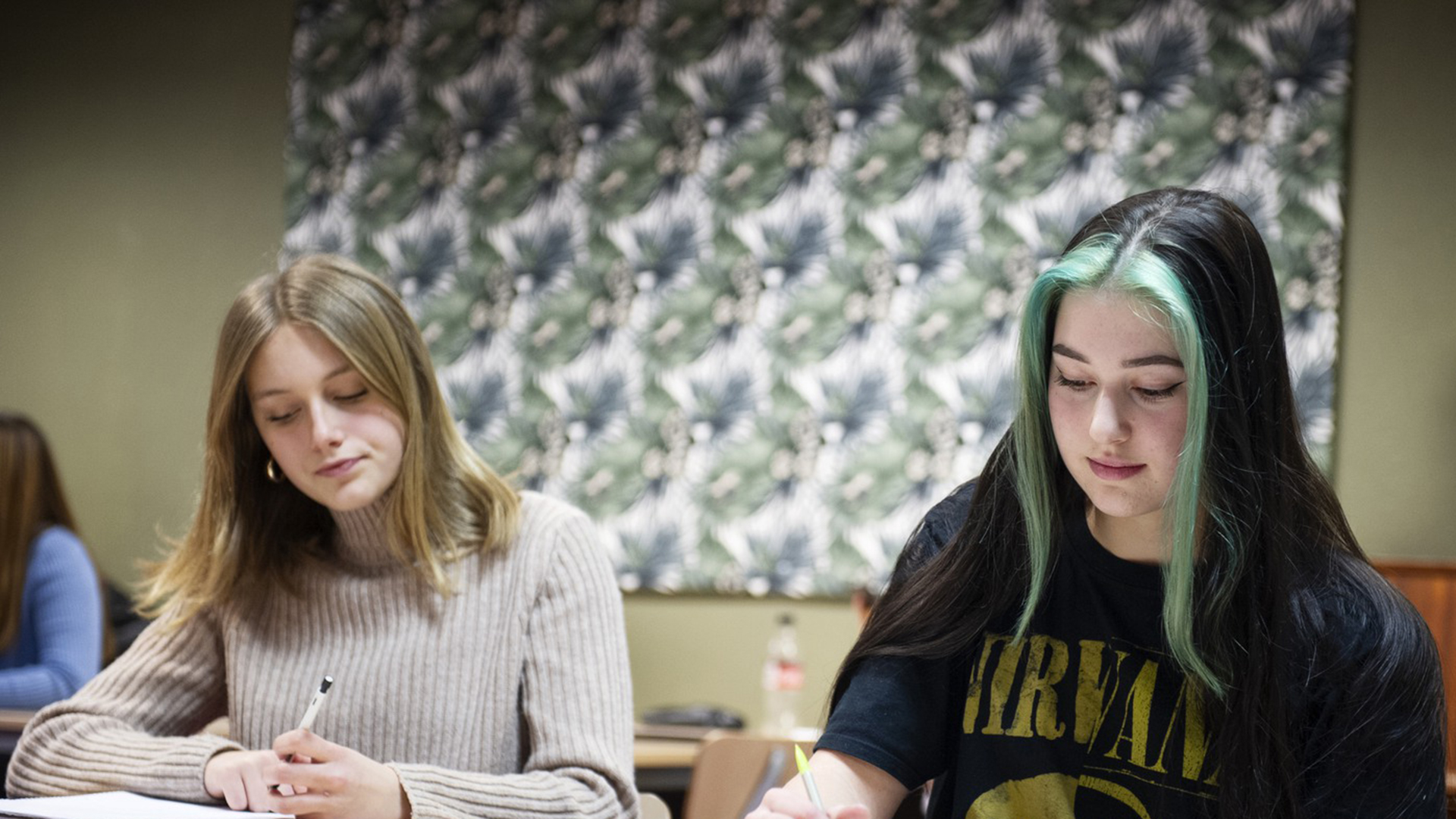Austen, Jane (2012). Pride and Prejudice. Penguin. (395 pp.)
Brontë, Charlotte (2012). Jane Eyre. Penguin. (440 pp.)
Carroll, Lewis (2009). Alice in wonderland. Penguin. (ca 200 pp.)
Daldry, Stephen (2002). The Hours. Paramount Pictures.
Gilbert, Sandra & Gubar, Susan (2000). The Man Woman in the Attic: The Woman Writer and theNineteenth-Centruty Literary Imagination. Yale University Press. Kap. 2 (14 pp.)
Rhys, Jean (1999). Wide Sargasso Sea. W.W.Norton. (270 pp.)
The Wachowskis (1999). The Matrix. Warner Bros.
Woolf, Virginia. Mrs Dalloway (2000). Penguin (231 pp.)
Additional research articles (approximately 60 pp.)
Additional online materials
Additional Films and episodes from TV-series
EduSinglePage
This course is offered as part of programme:
Course content
The objective of the course is for the students to develop different ways of reading and interpreting both older and contemporary texts in literary terms with regard to genres and media forms, and to deepen their understanding of how such texts can be used in English teaching.
The course provides an overview of how different literary perspectives can be used to interpret fiction. Key texts from the history of English literature are analysed using close reading methods and various critical literary theories. Earlier writing and genres are made accessible by being placed in their historical and aesthetic contexts, and by being transmediated into new media forms. The course highlights literary educational perspectives and the role and function of fiction in various aesthetic and medial forms of expression in English teaching. The course allows students to deepen their knowledge of and their ability to apply literary concepts and methods and develop skills for finding and to applying relevant research. Class activities include discussion of assigned readings combined with written, oral, and media-based presentations.
Entry requirements
Degree of Bachelor in education, social sciences or the humanities and the equivalent of Swedish secondary school English 6.Alternatively,A professional qualification specializing in teaching that comprises 180 credits and the equivalent of Swedish secondary school English 6.
Course literature
Course evaluation
Malmö University provides students who participate in, or who have completed a course, with the opportunity to express their opinions and describe their experiences of the course by completing a course evaluation administered by the University. The University will compile and summarise the results of course evaluations. The University will also inform participants of the results and any decisions relating to measures taken in response to the course evaluations. The results will be made available to the students (HF 1:14).


